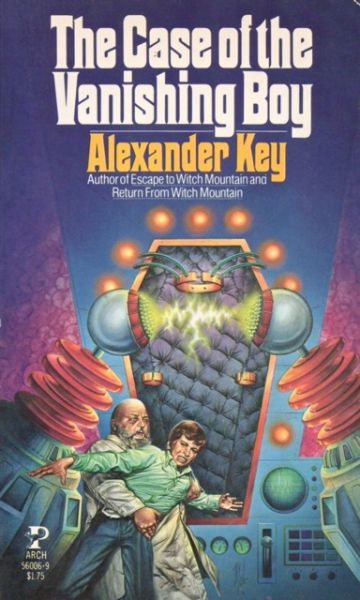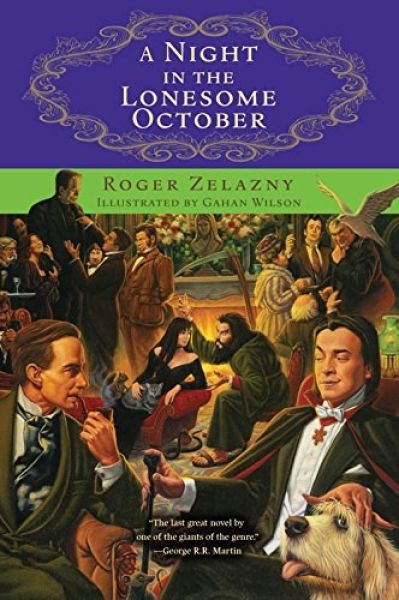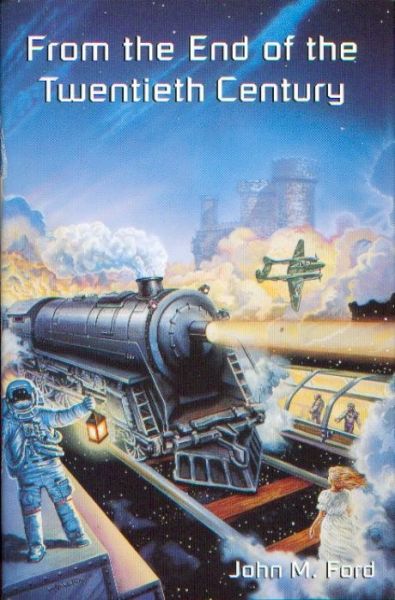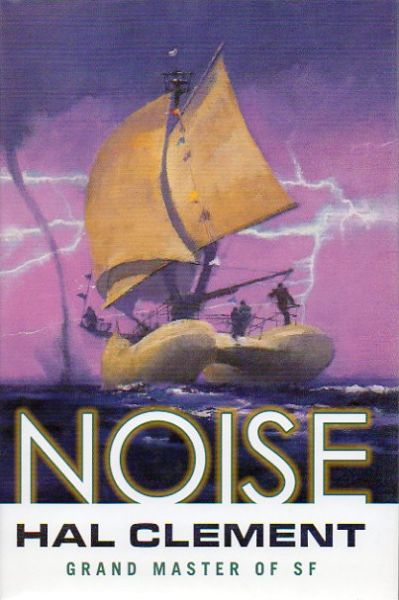Each to Each
The Moon and the Sun
By Vonda N. McIntyre
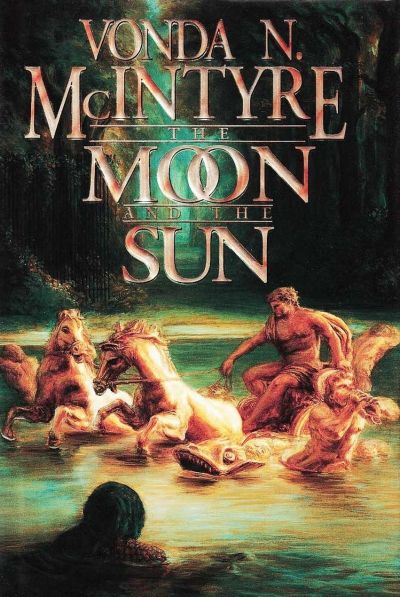
10 Feb, 2022
Graveyard Orbits
Vonda N. McIntyre’s Nebula-winning 1997 The Moon and the Sun is a stand-alone historical speculative fiction novel. It was McIntyre’s final novel.
Despite having been educated in isolated, cloistered St. Cyr by unworldly nuns, Marie-Josèphe de la Croix is surprisingly naïve. Summoned to be lady-in-waiting to Louis XIV’s niece, Elisabeth Charlotte d’Orléans, Marie-Josèphe is quite unprepared for the Versailles court in which she now must live.
Her scientific interests will only complicate matters.

